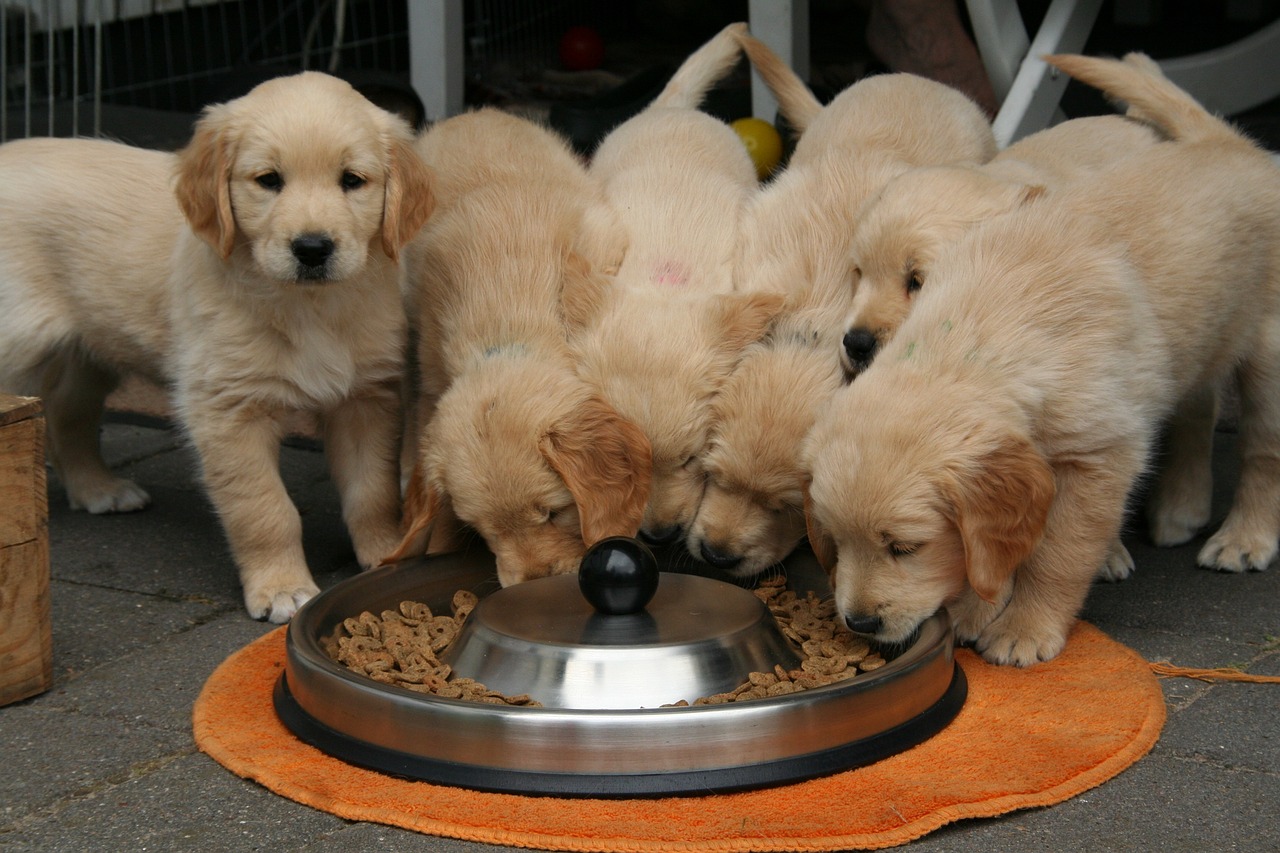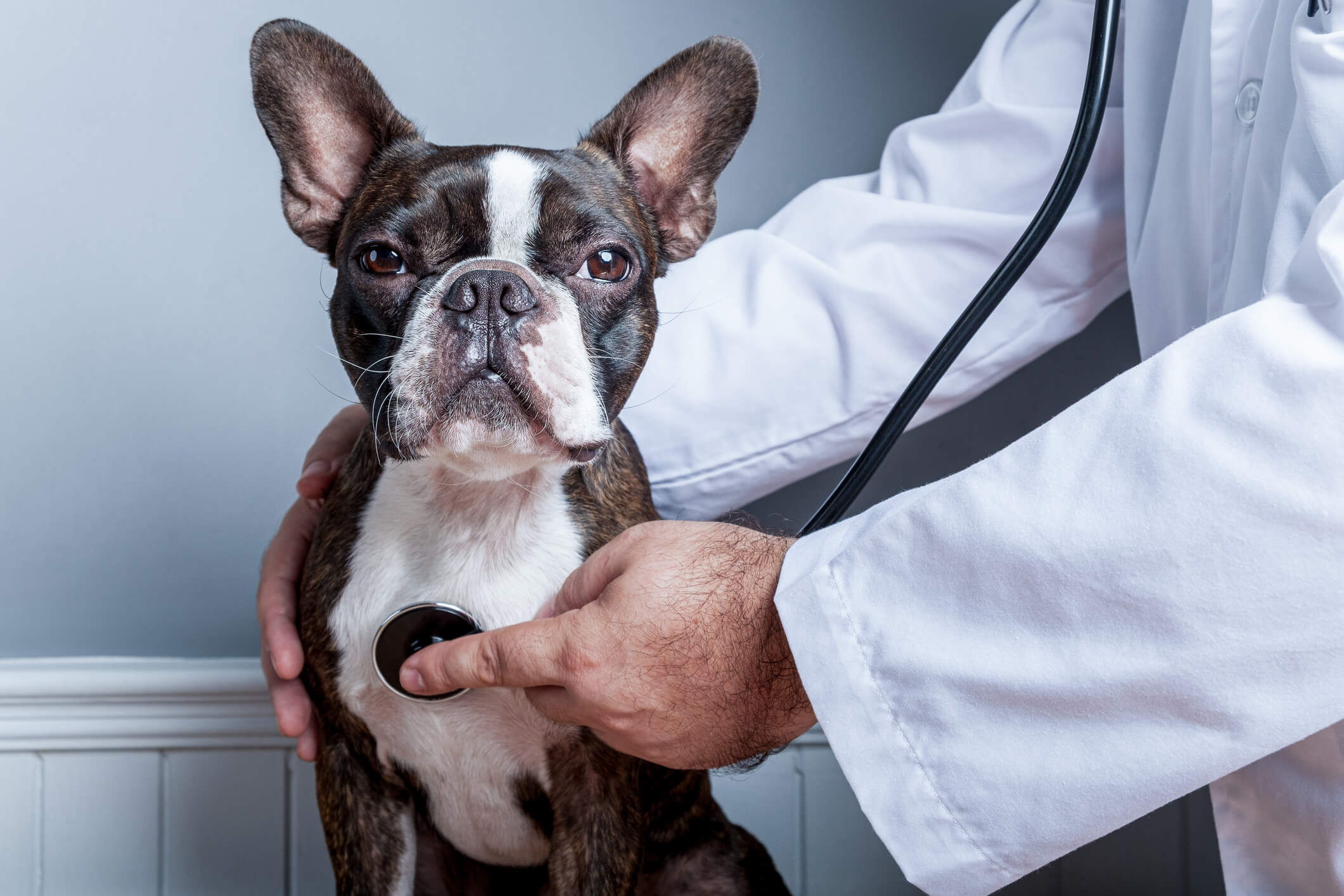Can Dogs Eat Tomatoes?

Whether it's a tempting chocolate treat, creamy avocados, or a mouthwatering steak, your furry friend might express interest in virtually anything on your plate. However, just because they're eager doesn't mean it's safe for them.
So, what about tomatoes? Well, it's a mixed bag.
Can Dogs Eat Tomatoes?
The answer is both yes and no. Dogs can eat tomatoes, but it's crucial to do so in moderation. Ripe tomatoes are generally considered safe and non-toxic for dogs, making them suitable for an occasional snack.
However, it's essential to be aware that tomato plants belong to the nightshade family of vegetables, including potatoes, bell peppers, and blueberries. These plants contain toxins that can be harmful to your dog.
Solanine and tomatine are toxins primarily present in the green parts of the tomato plant. Consequently, your dog should never ingest the leaves and stems of tomato plants and should steer clear of young, green tomatoes. Consuming an unripe (green) tomato or any green parts of the plant can lead to symptoms of tomatine poisoning.
What Is Tomatine Poisoning?
While tomatoes contain trace amounts of toxins, it's highly unlikely that dogs will consume enough of the tomato plant to cause severe harm. However, smaller breeds and puppies are more susceptible to poisoning due to their size, so vigilance is crucial.
Symptoms of tomatine poisoning may include:
-
Loss of coordination
-
Decreased appetite
-
Muscle weakness
-
Excessive salivation
-
Dilated pupils
-
Tremors
-
Seizures
-
Lethargy
-
Abdominal discomfort
-
Cardiac effects (arrhythmia, irregular heartbeats)
-
Gastrointestinal disturbances (diarrhea, vomiting)
Fortunately, tomatine poisoning in dogs is rare and is typically not fatal. Most dogs that experience tomatine poisoning make a full recovery.
Veterinarians can diagnose tomato poisoning by conducting a thorough physical examination and performing blood work or an ECG. In cases of tomatine poisoning, veterinarians may induce vomiting or closely monitor the affected dog.
Some dogs may display an allergic reaction to tomatoes. Although this is uncommon, symptoms can include hives, coughing, wheezing, and breathing difficulties.
If you suspect your dog has ingested many tomatoes or any part of the tomato plant, consult your veterinarian for guidance. These symptoms can sometimes indicate more serious underlying health issues beyond tomatine poisoning, so early evaluation is crucial.
Are Tomatoes Beneficial for Dogs?
Ripe tomatoes are not toxic and, in fact, are included as an ingredient in pet food due to their numerous health benefits.
Tomatoes are rich in fiber, promoting healthy digestion in dogs. They also contain antioxidants, vitamins, and minerals such as potassium, vitamin C, and vitamin K, along with folate (vitamin B9), which supports tissue growth and cellular function.
Safely Sharing Tomatoes with Dogs
While dogs can eat tomatoes, overindulgence may lead to stomach upset due to their acidity. Tomatoes should be treated like any other treat and given in moderation under supervision.
Start by offering small amounts of tomatoes to gauge your dog's reaction. Ensure the tomatoes are correctly prepared, with all green parts removed and the flesh diced for easier consumption.
It's essential to note that just because dogs can eat tomatoes doesn't mean they can consume tomato-based foods. The tomato sauce used on pizza or spaghetti often contains additional ingredients like garlic and onions, which can cause gastrointestinal distress in dogs.
Preventing Dogs from Consuming Excessive Tomatoes
It's important to safeguard your garden's treasures, including tomatoes, from your canine companion's curious palate.
If you have a garden at home, consider fencing it off to prevent dogs from accessing and potentially sampling the produce. Position indoor tomato plants out of your dog's reach, avoiding tables or counters where they could easily be knocked over. Always keep a watchful eye on your pup when you're cooking with tomatoes to ensure they don't help themselves when you're not looking.
Get insurance plans with wide-ranging coverage options













